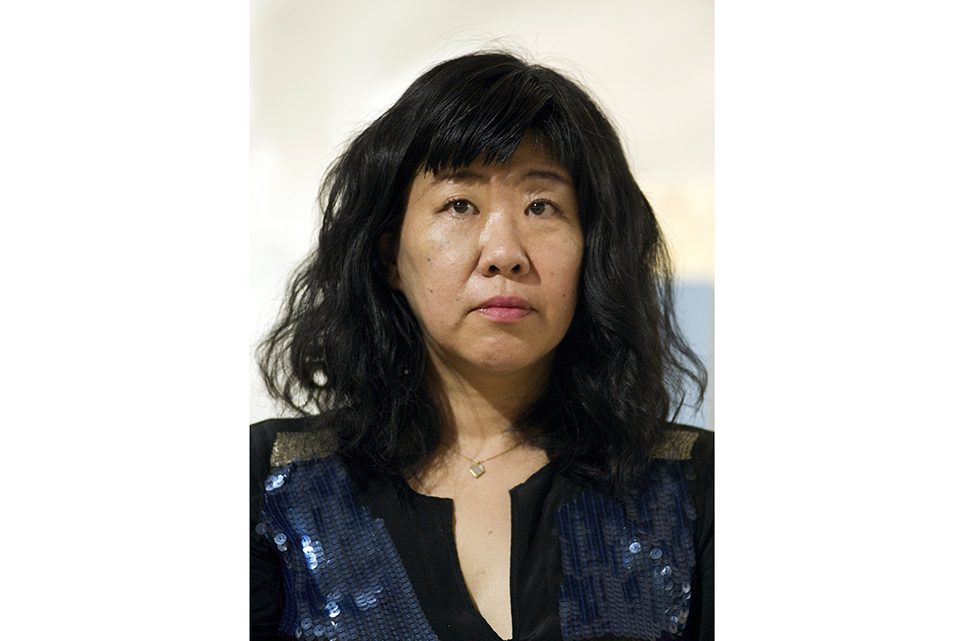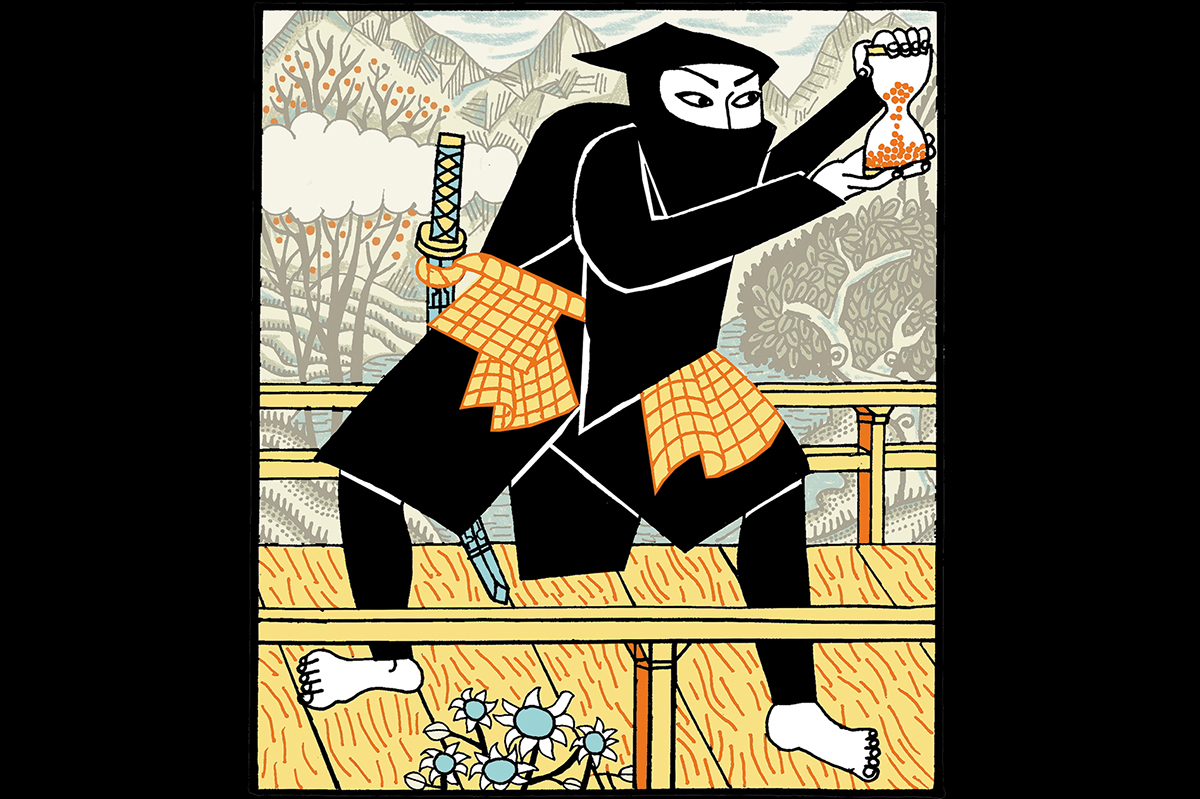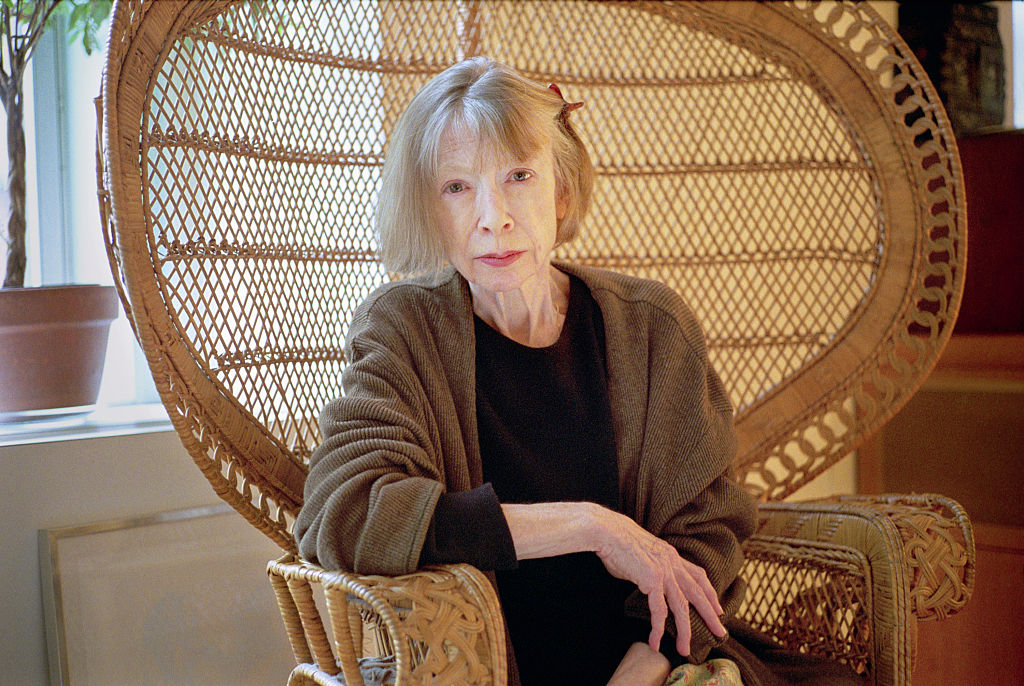Who are you without memory? This is the question that sits at the heart of The Premonition by Banana Yoshimoto, best known for her 1988 novella Kitchen, which was a smash hit in Japan and adapted for film. The Premonition is a similarly slender work and one that casts a delicate spell.
Nineteen-year-old Yayoi has the perfect family — doting parents and a brother she adores — but she feels unsettled, as if she’s forgotten something vital in her past: “There, in the midst of such a beautiful evening, my heart must have been full of that premonition.” Looking for answers, she goes to live with her eccentric aunt Yukino, who she feels is a “siren to those of us who had lost part of our childhood,” and the answers she discovers change her life forever.
Born Mahoko Yoshimoto, the author chose her pen name due to her love of banana flowers, which she thinks “rather cute” and “androgynous.” For fans of Haruki Murakami, the gateway author to Japanese literature, Yoshimoto’s style is more linear and less labyrinthine. The texture of the world Yoshimoto builds is terrestrial; there are no parallel universes or talking to cats, despite a lead character with telepathic abilities. And yet between Yoshimoto and her translator, Asa Yoneda, there is something otherworldly. The language of The Premonition is heady (“the greenery stood smoky in the dark”) and the narrative is peopled with oddballs who eat fruit curry and snow peas, drink whisky and stay up all night watching Friday the 13th movies on repeat. There’s synesthesia (“it smelled of darkness”), nostalgia, tragedy, heartbreak and waif-like Japanese women who eat a lot.
In a creative landscape that is increasingly homogenized by an Anglo-American style, it’s refreshing to pick up literature that has not lost its thisness. The world that blossoms from Yoshimoto’s text is unequivocally Japanese, in the aesthetic vein known as mono no aware, which roughly translates as “the pathos of things” or “a sensitivity to ephemera.” But beneath the poetics, Yoshimoto’s books confront serious themes: suicide, prostitution, death, alcoholism and incestuous desire. The Premonition is about upbringing and nature versus nurture. As Yayoi says: “It’s kind of tragic, I thought, that we can never completely escape our childhood.”
The novel taps into anxiety about memory, childhood and the peculiar feeling that there’s a hidden truth about ourselves we’ve forgotten, and if only we took pains to find it we might finally feel at home.
This article was originally published in The Spectator’s UK magazine. Subscribe to the World edition here.

























